One issue for archaeologists and historians is figuring out ancient inscriptions and texts that may have gotten ruined from earthquakes, breaks or just the sands of time. Well there’s something that researchers at Ben-Gurion University of the Negev in Beersheva have developed, which is going to change that.
The university now has an Artificial Intelligence system called “Embible” to decipher damaged inscriptions in ancient Hebrew and Aramaic. This approach, highlighted at a recent conference, utilizes a masked language modeling technique to reconstruct missing content in texts, including single characters, partial words, and complete phrases. Under the supervision of Professor Mark Last, four students in their last year of an undergraduate degree program applied the language model and found time-saving results that gave clear answers. Niv Fono, Harel Moshayof, Eldar Karol, and Itay Asraf are all students of The Department of Software and Information Systems Engineering at Ben-Gurion University of the Negev. This was their final project.
The system, trained on thousands of sentences from the Hebrew Bible, demonstrated significant success in accurately predicting missing elements in damaged inscriptions, offering assistance to historians studying the region’s culture and history. The researchers believe this model could be extended to analyze other rich ancient languages in the future.

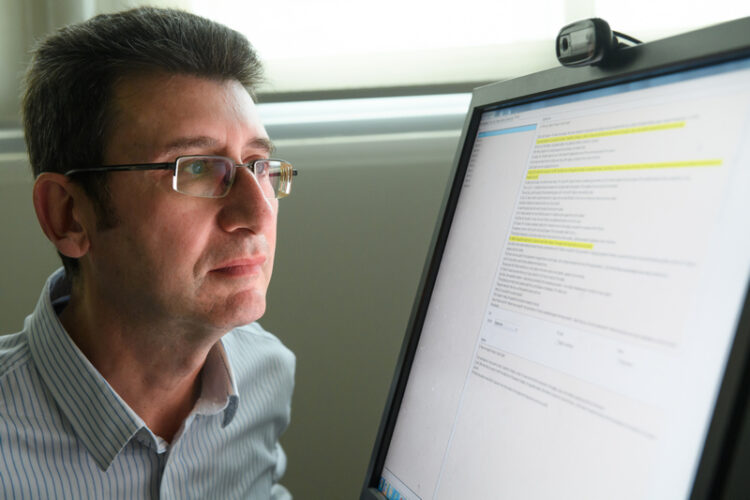
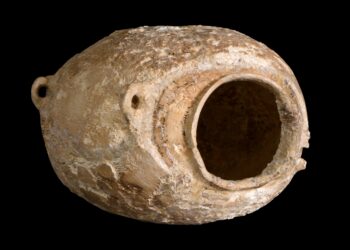
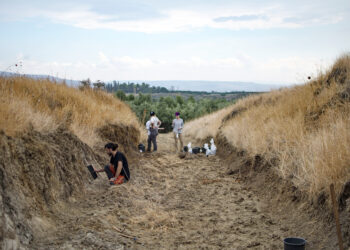

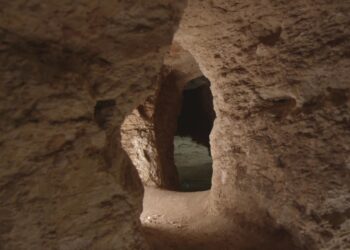
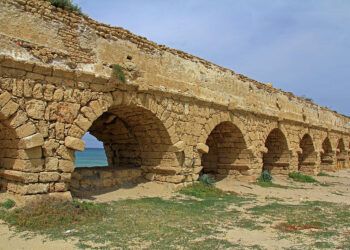















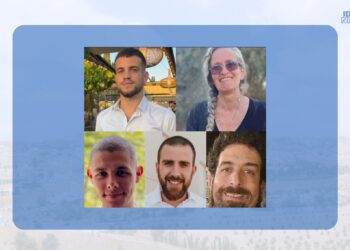

Discussion about this post